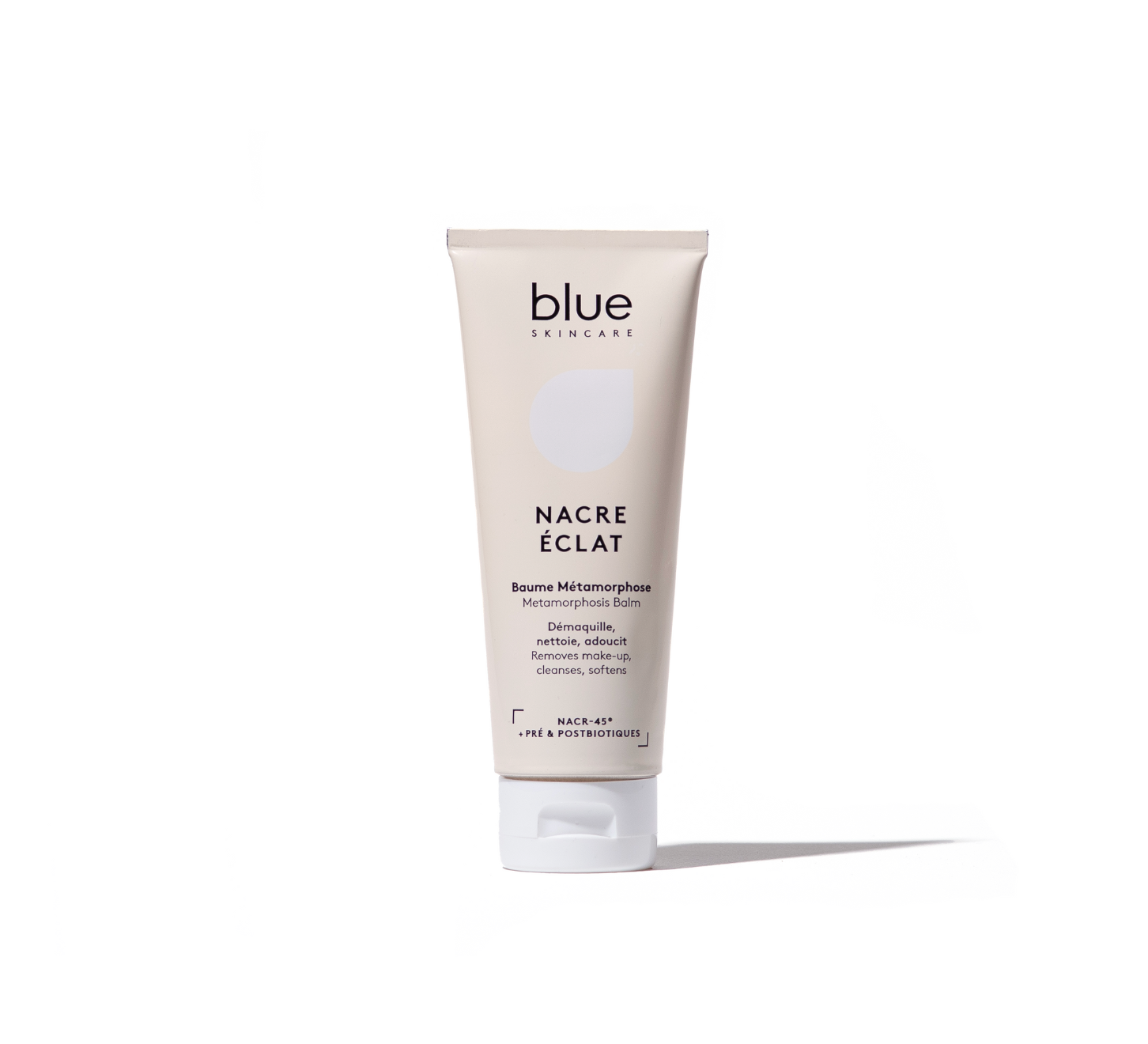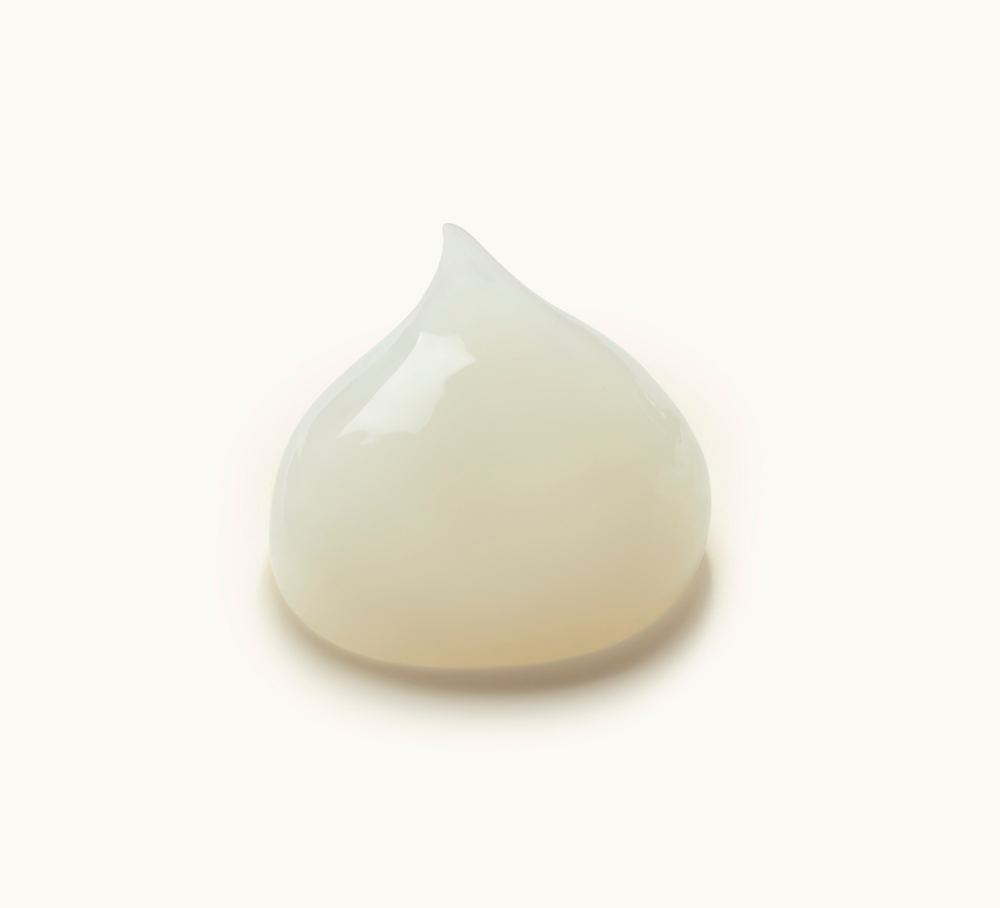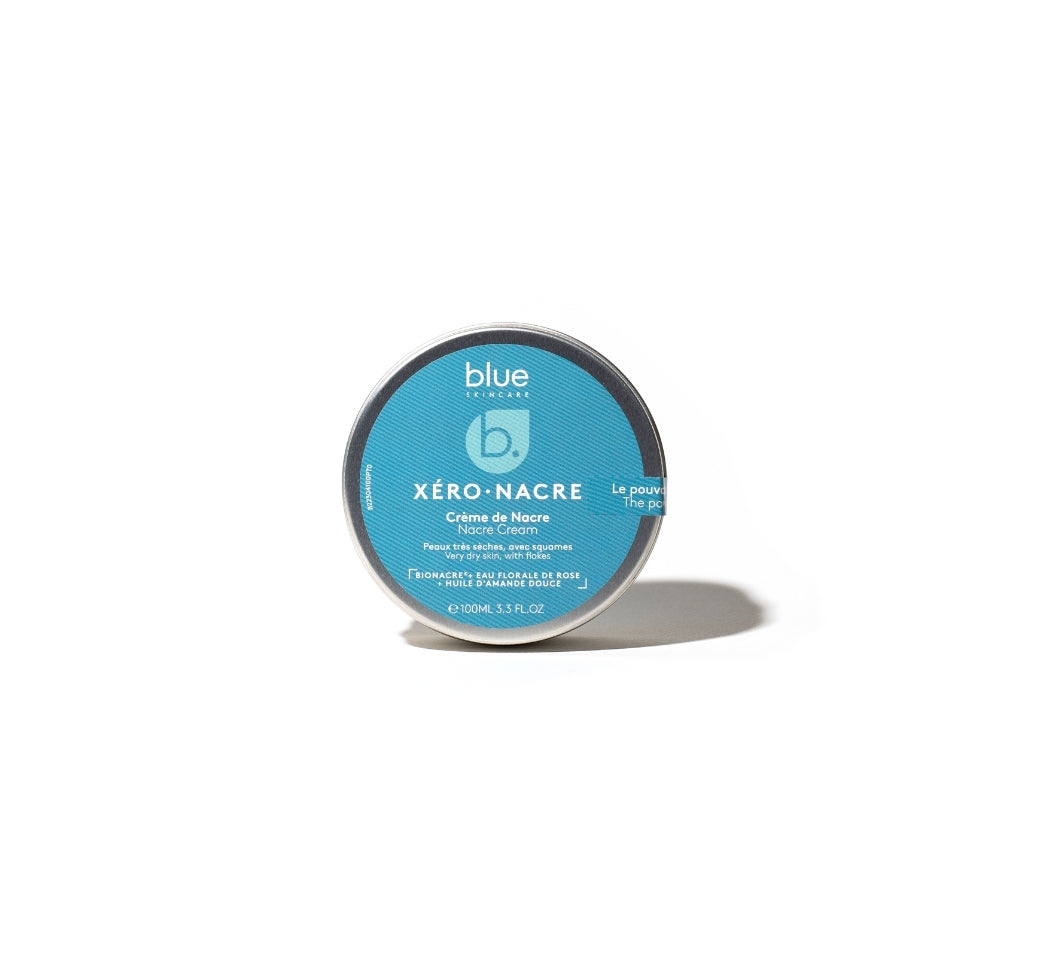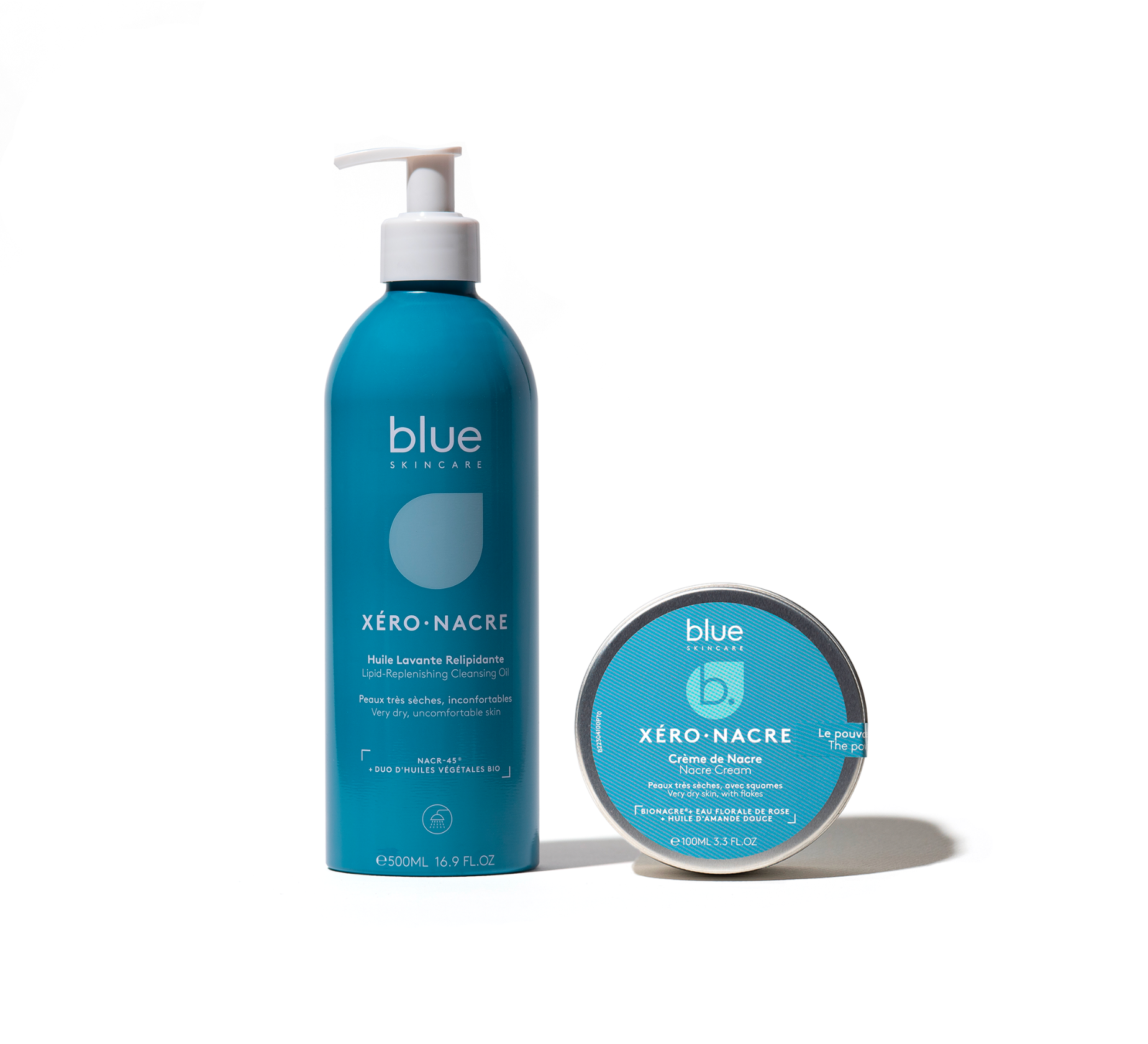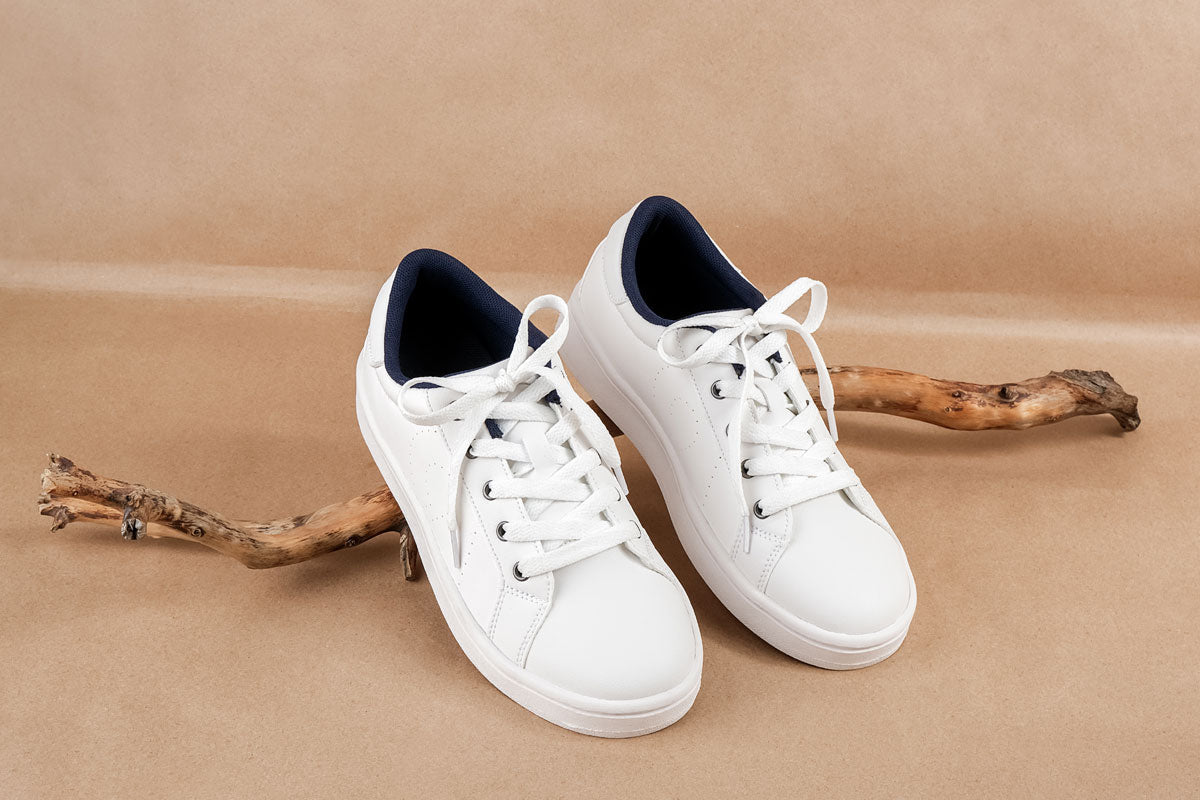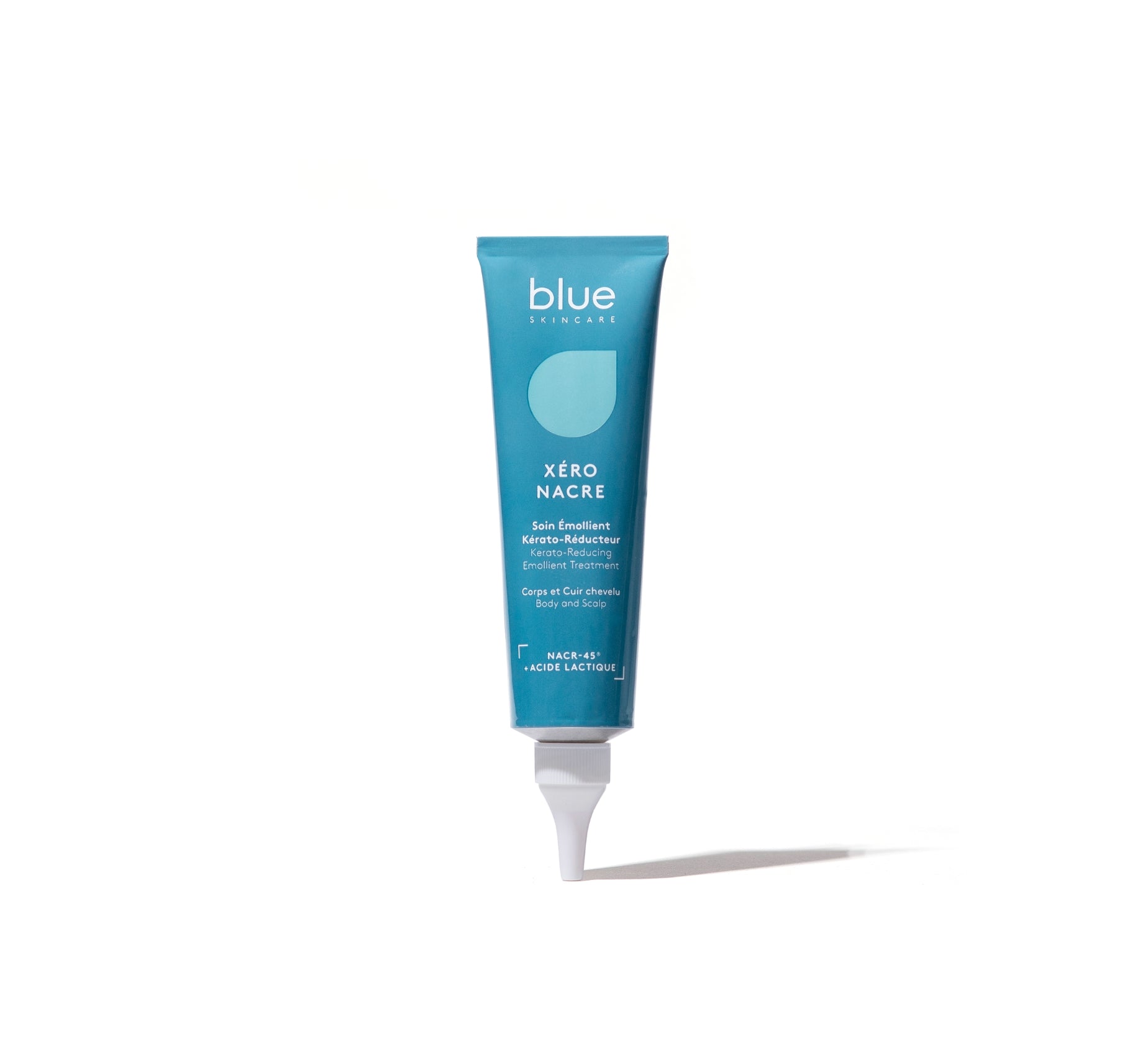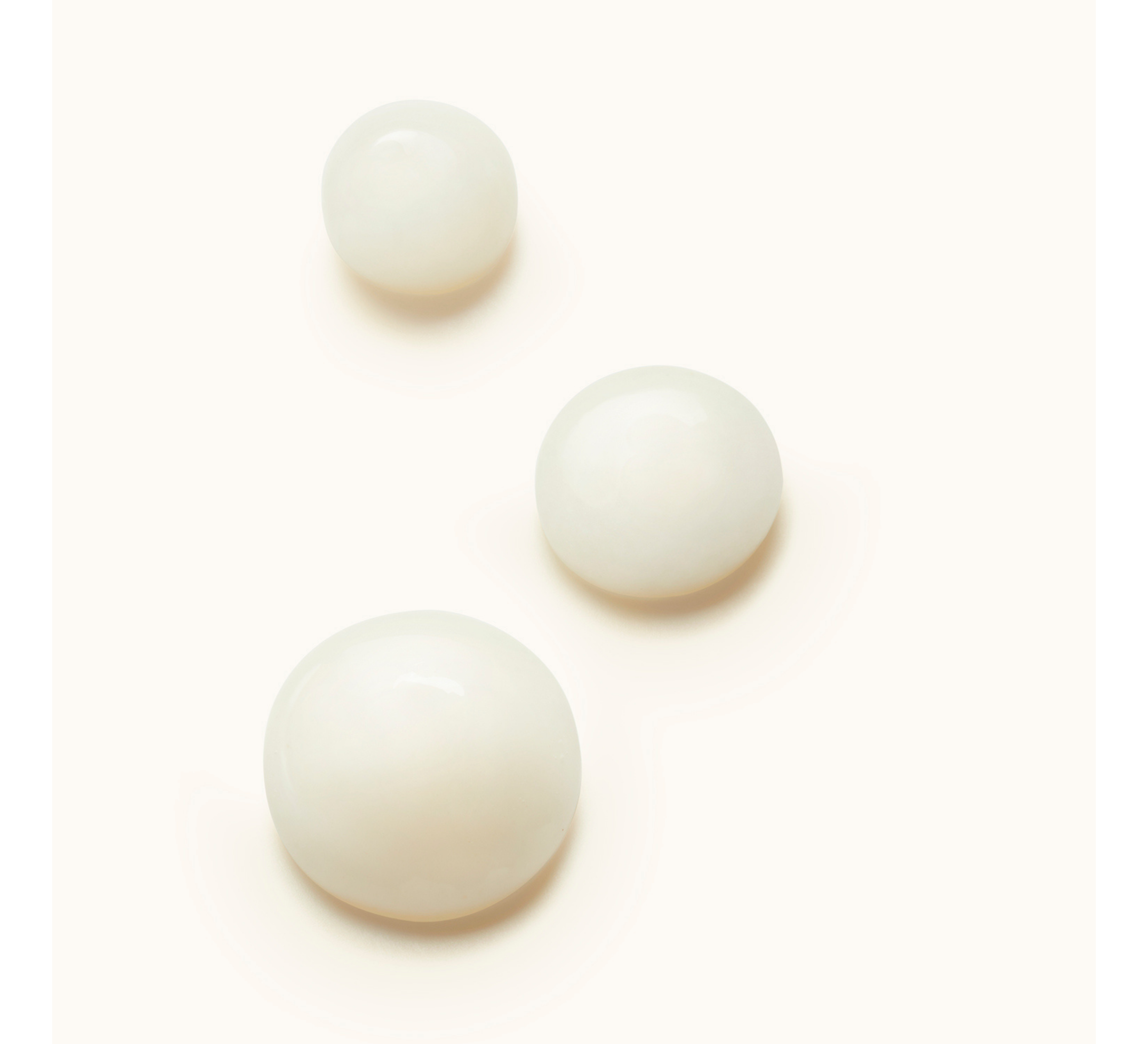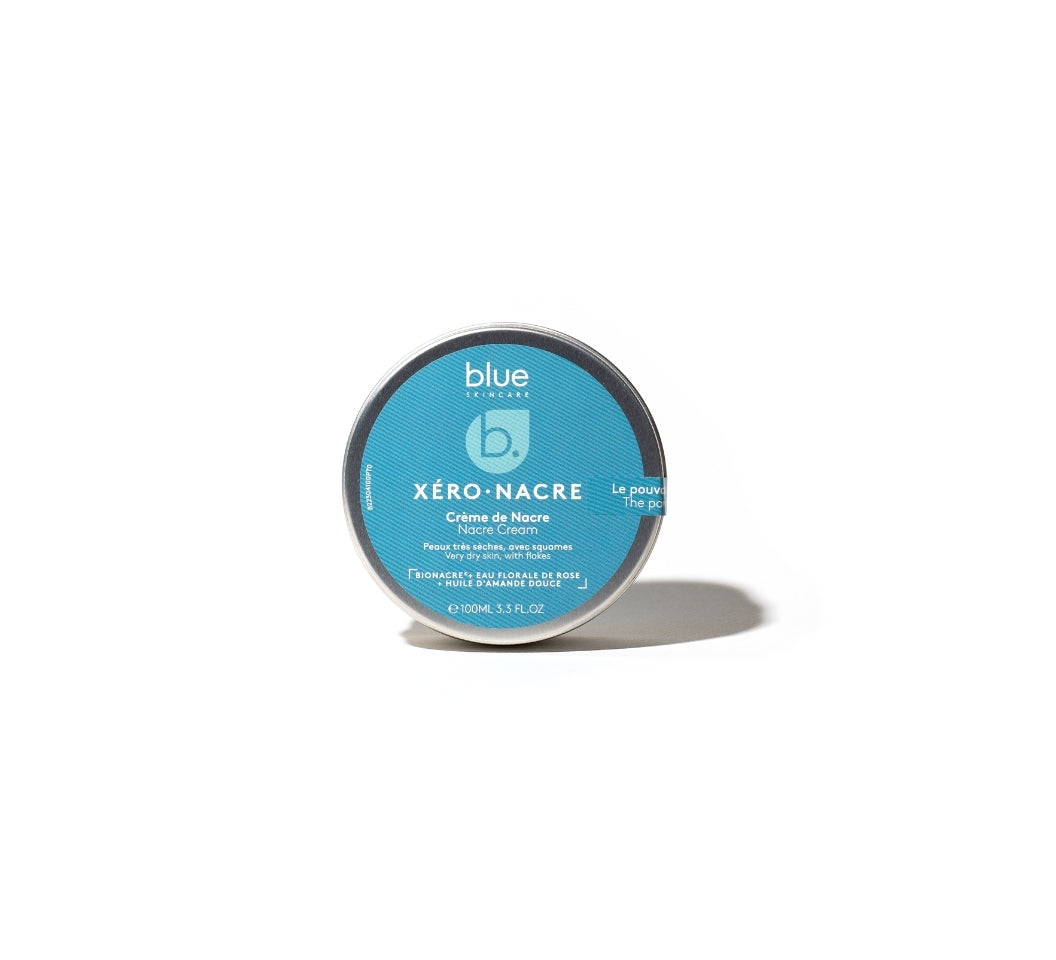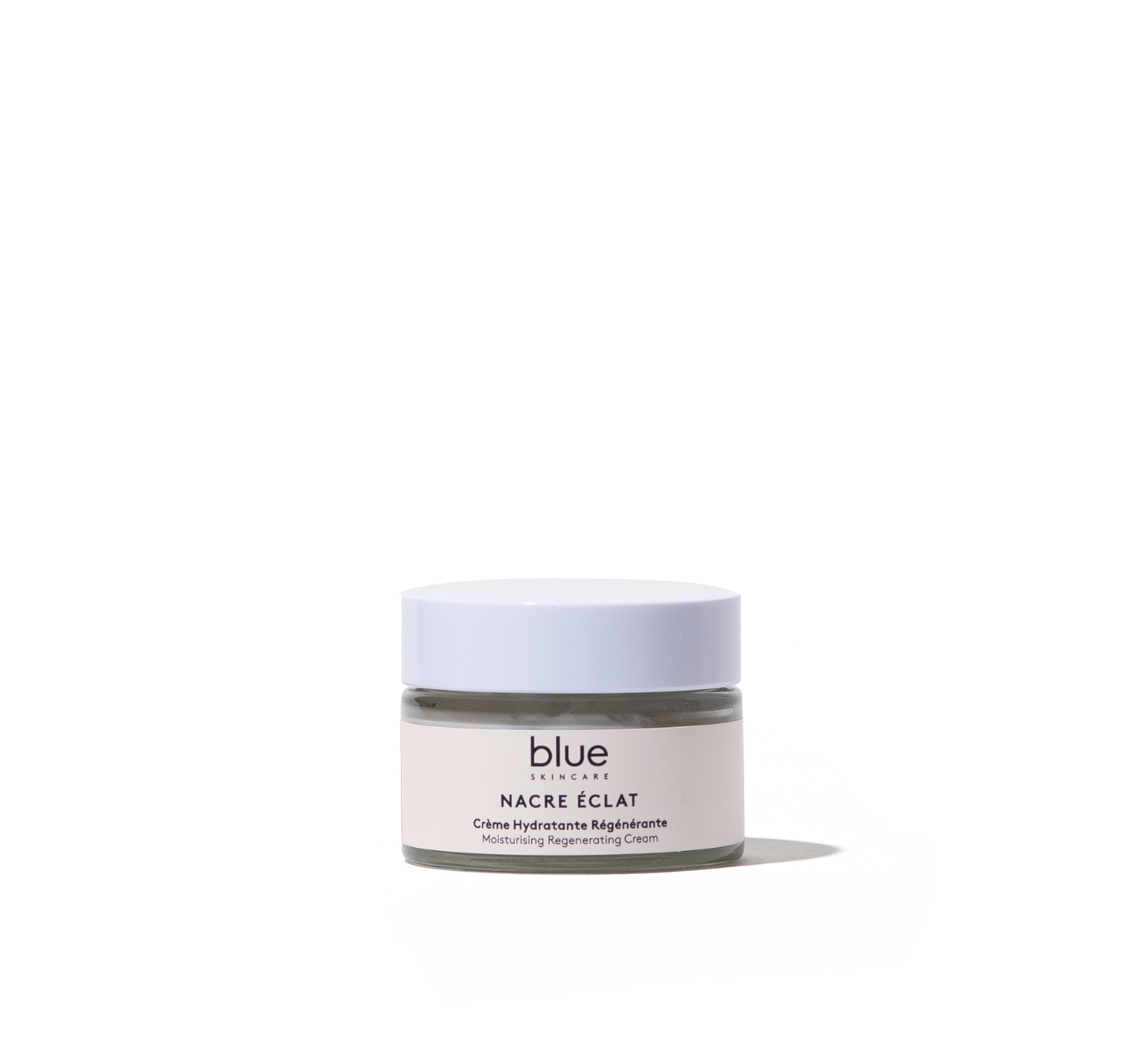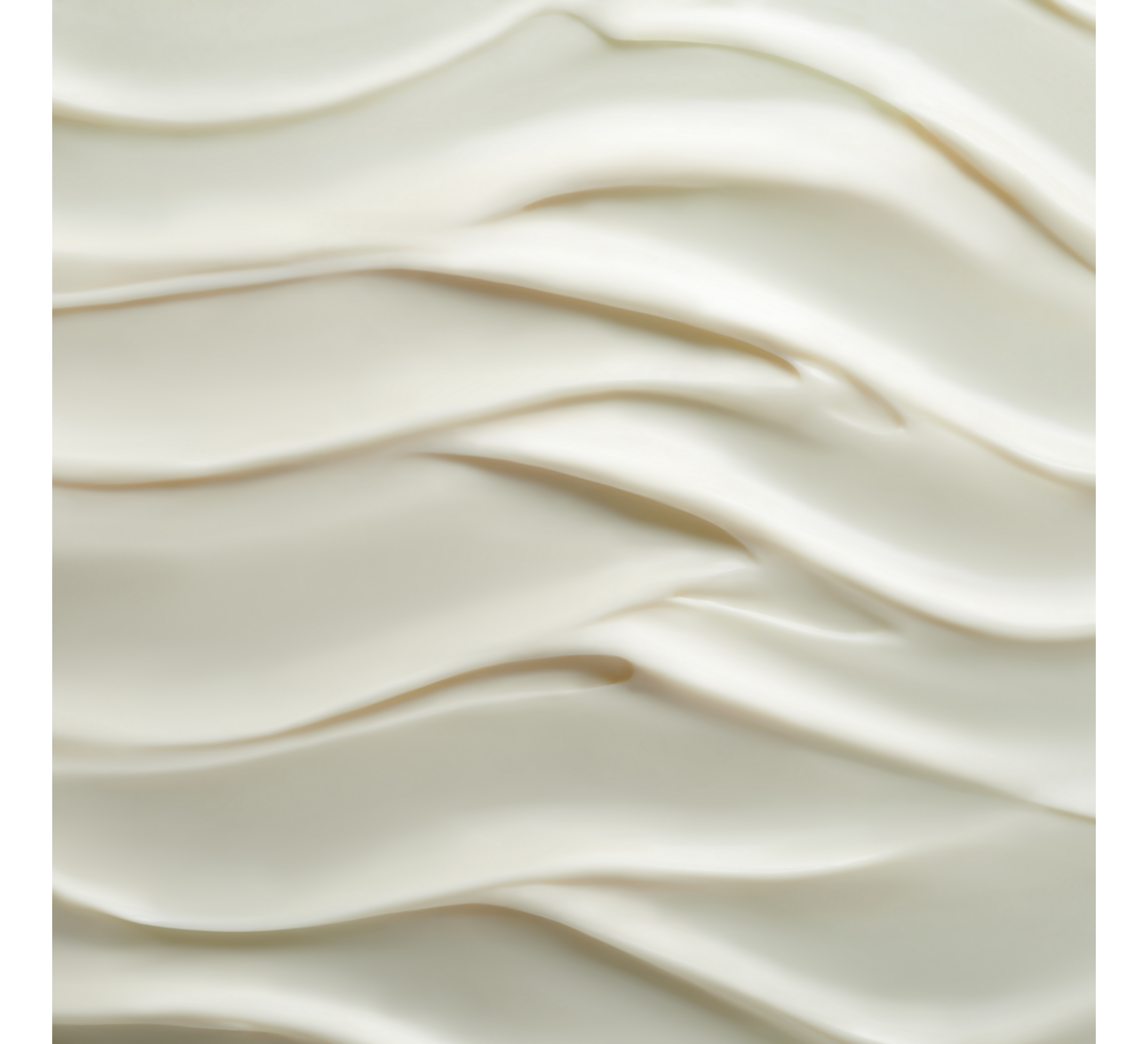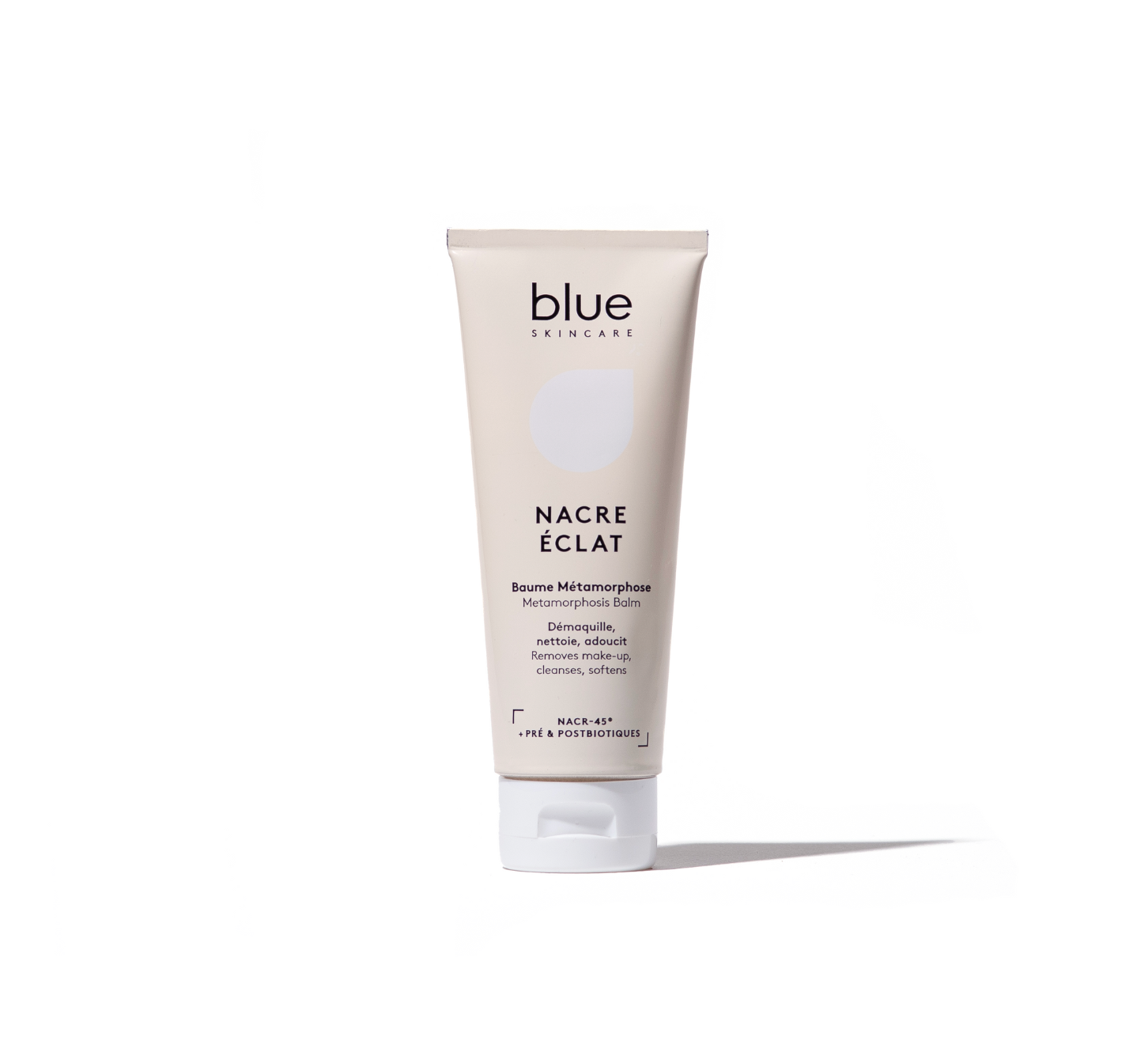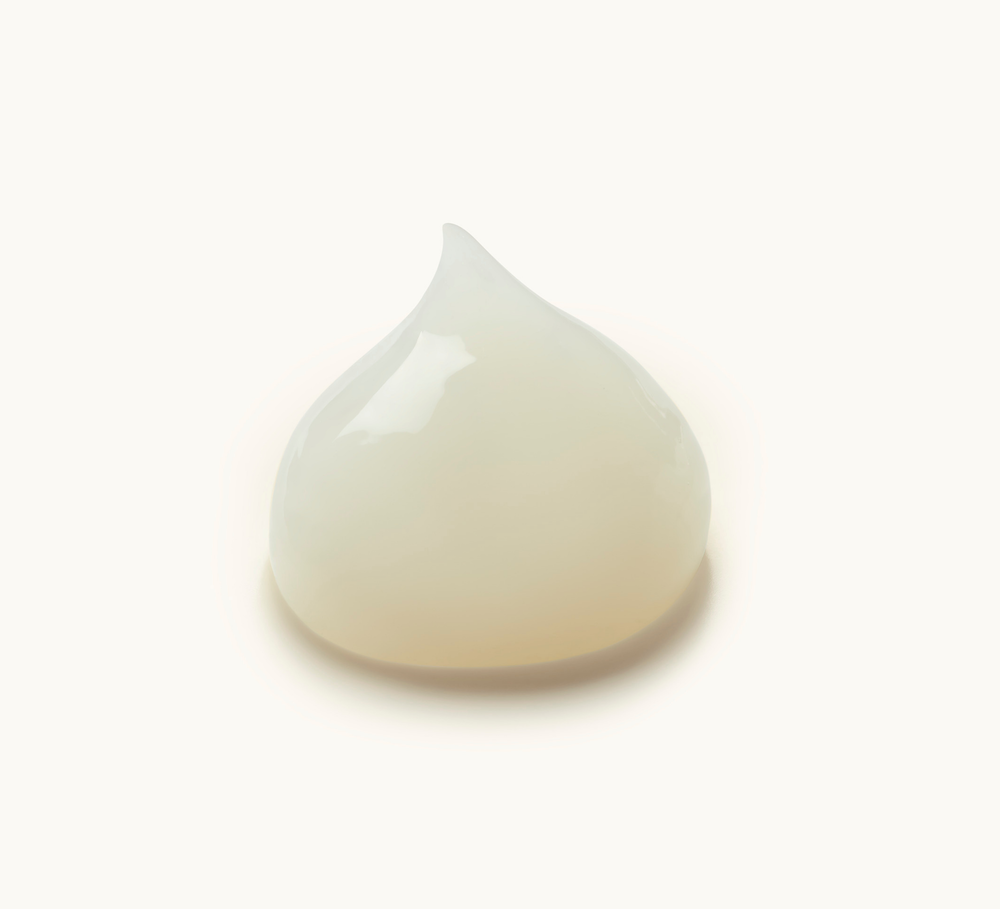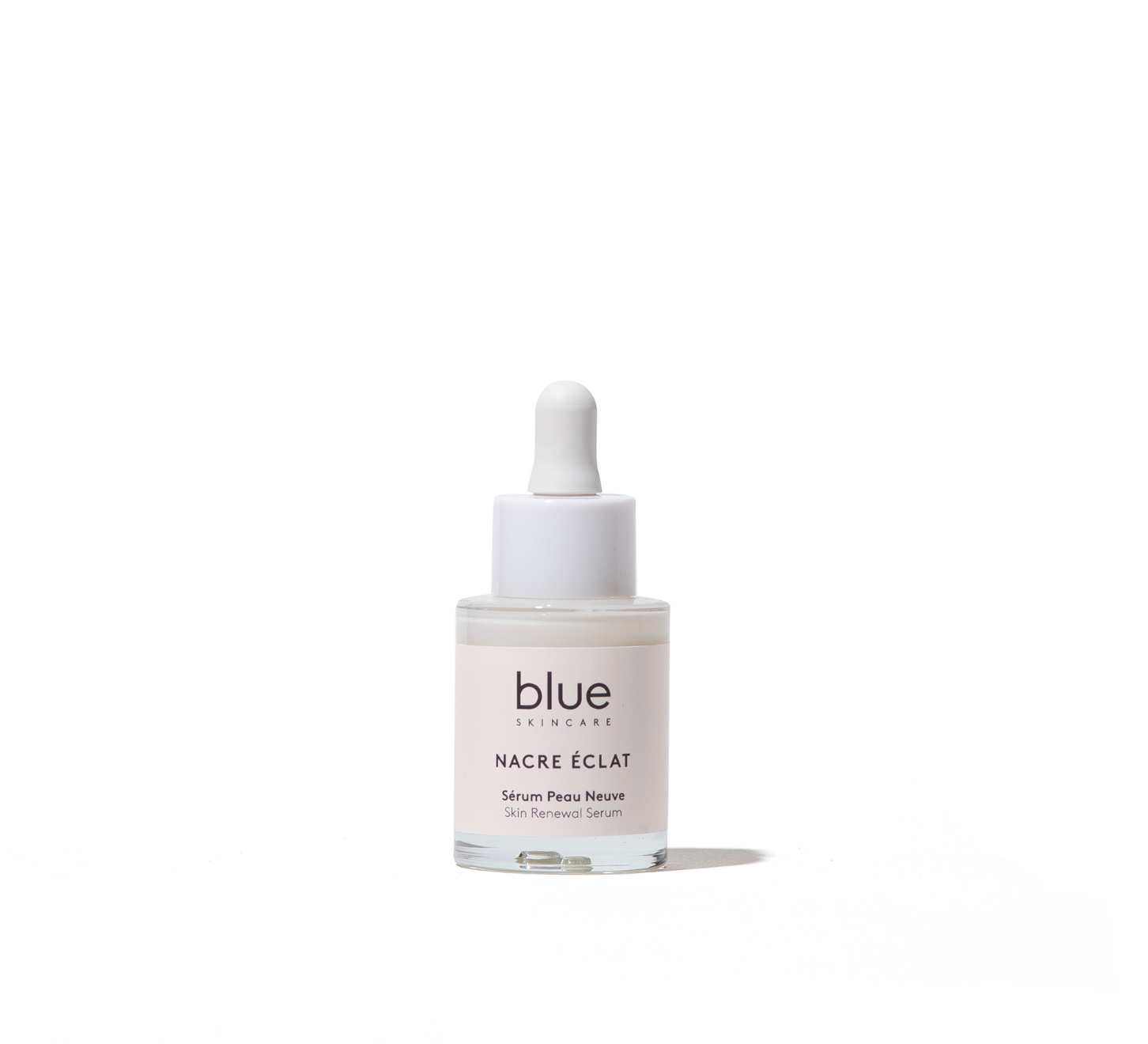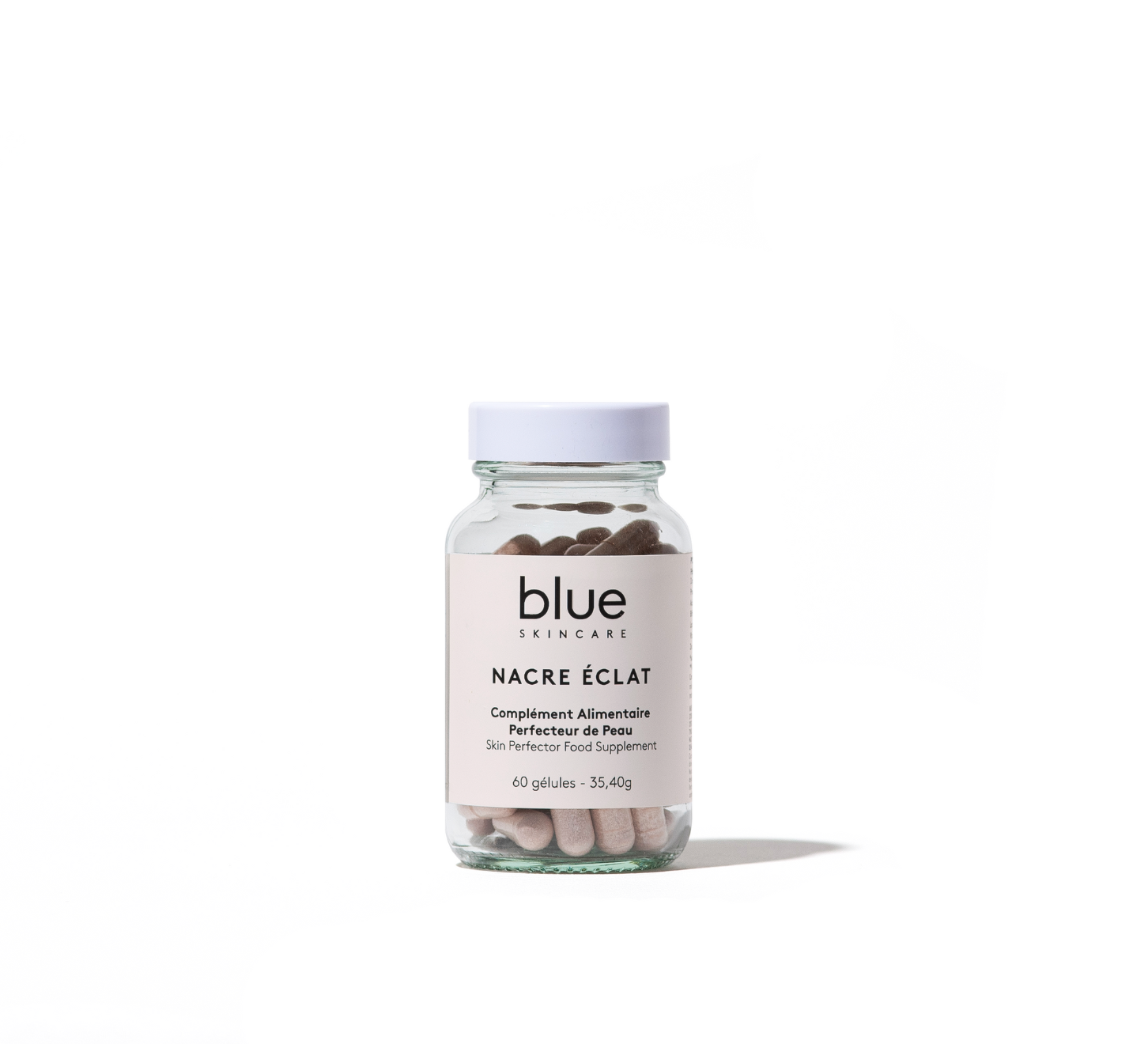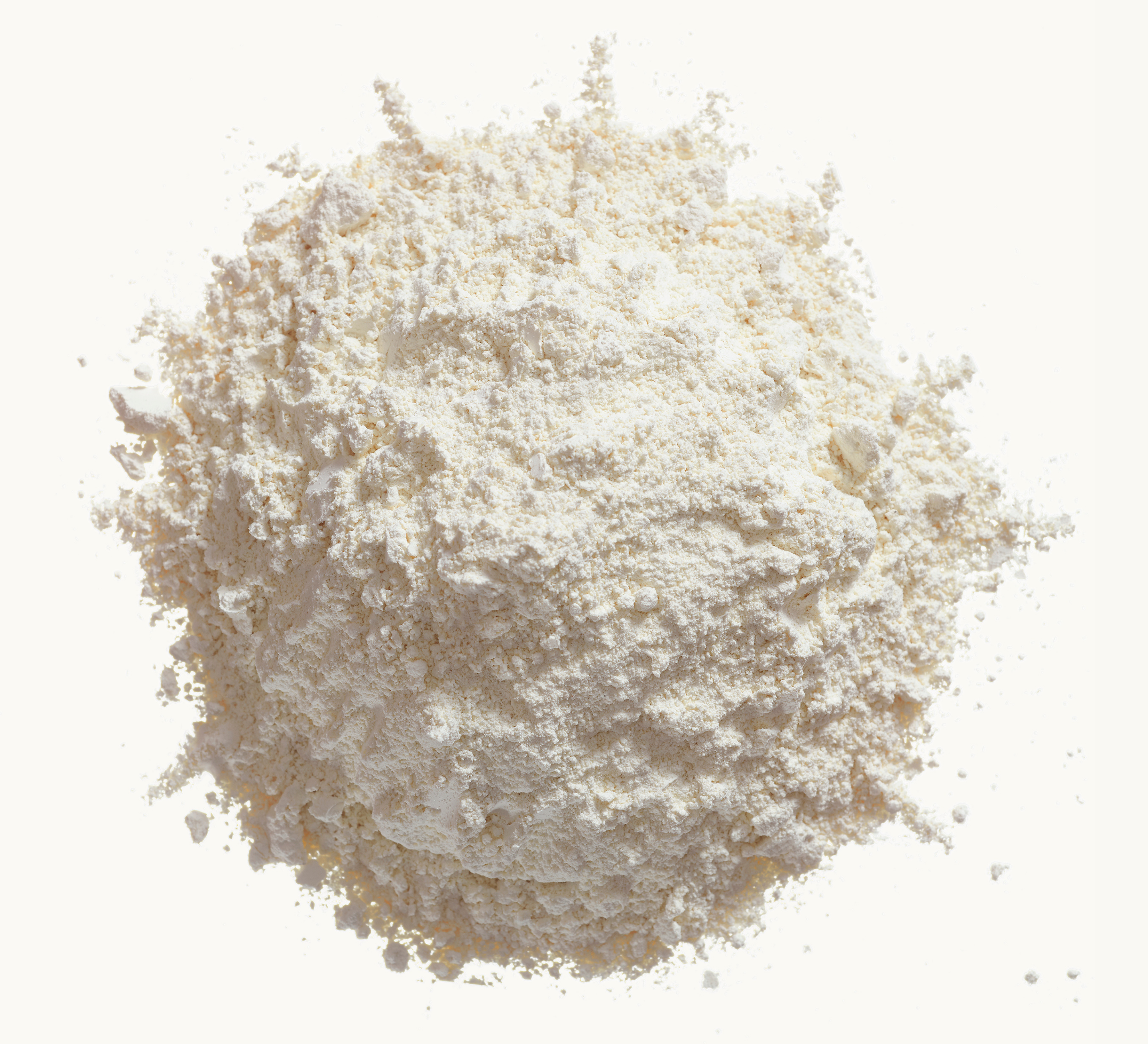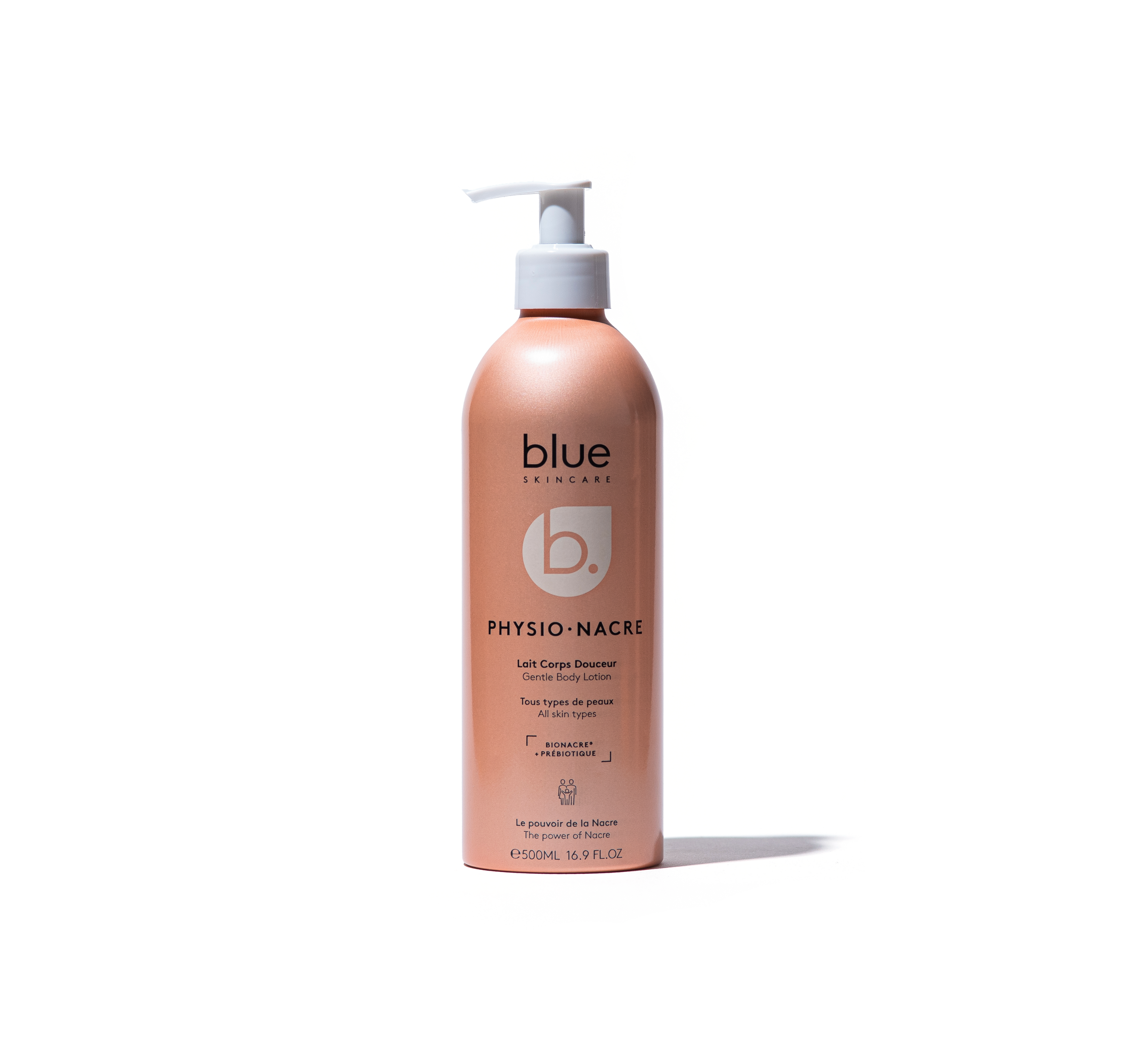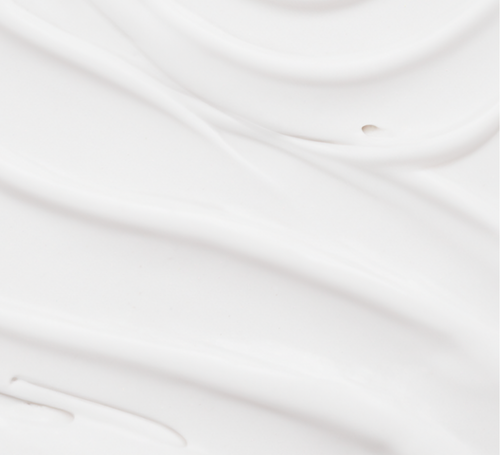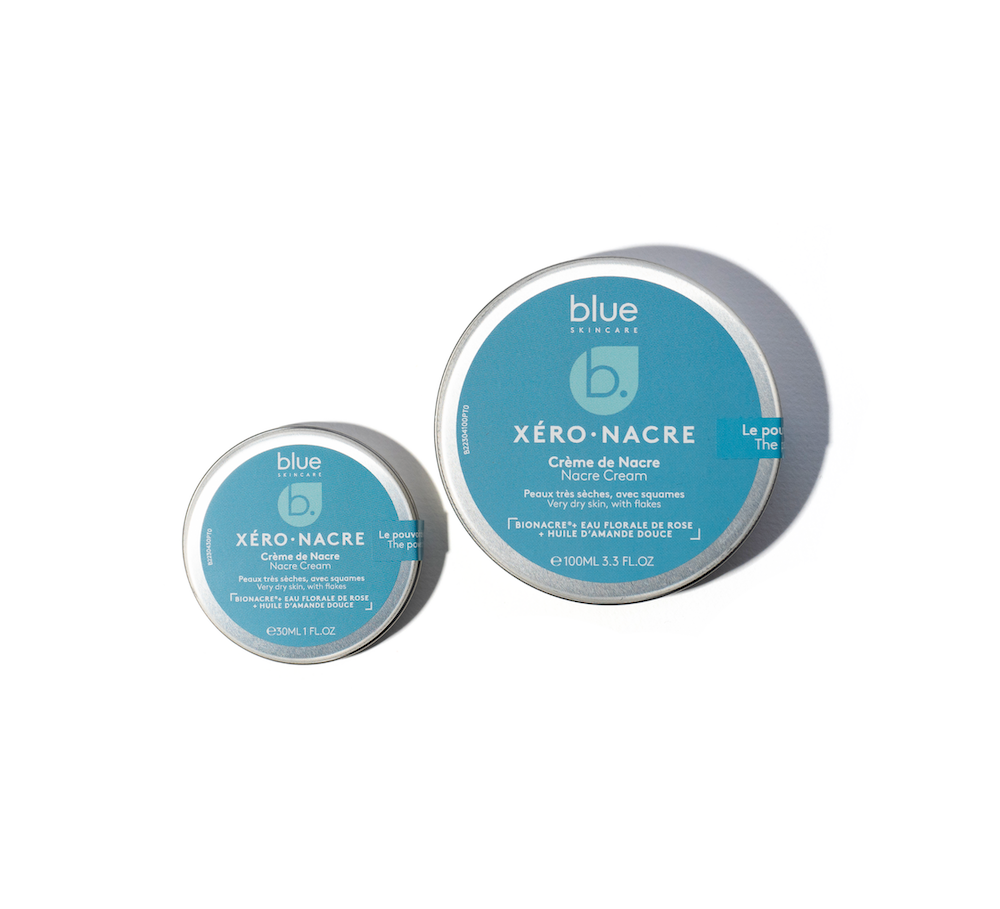We all have a pair of sneakers, or even several! Except that this basic of our shoe wardrobes - sometimes cult - is often far from virtuous. Raw materials, manufacturing conditions, end of life, so many problems to solve so that our sneakers are clean .
In France, more than one pair of shoes purchased in two (72 million) is a pair of sneakers, or more precisely sneakers, these athleisure shoes, which are no longer used for sports. Their sales have been increasing steadily (5% per year) worldwide since the 1980s, when this fashion took off with the launch of the Nike Air Jordan One, and the signing of the historic partnership between basketball star Michael Jordan and Nike. Globally, sales represented $82 billion in 2019, for nearly a billion pairs produced. The global sneaker market is expected to reach an annual growth rate of 7% between 2020 and 2024.
The problem: the vast majority of these shoes are still produced with polluting materials, in countries where the workforce is generally underpaid and where working conditions are often deplorable. Nevertheless, progress is being made. Spotlight on these cult shoes that are on our feet.
A social phenomenon
The sneaker has long ceased to be a sports shoe. A symbol of streetwear, it is the basic shoe for those under twenty who only wear it. And while we may want to buy our jeans at Zara or H&M, there is no way some people will not wear sneakers with a comma, 3 stripes or a feline. Each new shoe is launched with marketing plans worthy of perfumes and muses in prestigious "collabs". With big names like Kanye West or Rihanna, the sneaker has become a societal phenomenon, a social marker, a sign of generational belonging. And it affects all generations and social categories. In 2019, they even represented 90% of shoe sales at Balenciaga, 70% at Pierre Hardy and Gucci, and 40% at Louis Vuitton and Hermès.
If out of snobbery, we buy our sneakers at Lidl, it is because it is an ultra-ephemeral edition for which we will have queued for 3 hours, and that we can resell 100 times its purchase price on the Internet! A sneaker exchange was even created in 2016, StockX, where the models most sought after by "sneakerheads" are resold at a high price.
In short, the sneaker has far exceeded its primary function. It is a mass consumption object, sold much more expensively than its cost price. And that is the problem: the mass-market sneaker is not very responsible.
Not eco-friendly at all

The sneaker has long symbolized the failings of globalized capitalism. Designed in Western countries, produced at low cost in Asia, launched with huge marketing and advertising investments, it sells at high prices, adding value to the brand and its stock price.
The result: sneakers have one of the largest carbon footprints of any item of clothing we wear.
According to a study conducted by MIT (Massachusetts Institute of Technology), a pair of classic running shoes generates approximately 13.6 kilos of CO2 emissions. Most of these emissions are due to manufacturing. Among other things, because most of a sneaker is made of plastic, but also polyester, thermoplastic polyurethane (TPU), or ethylene-vinyl acetate (EVA), all petroleum derivatives. But also because the entire production chain reproduces the excesses of fast fashion ( pollution , poor working conditions, etc.).
Awareness
Even though we are aware of this negative impact, we continue to buy these products because their level of technicality and aesthetics guarantee comfort and stability (essential for a high-performance shoe) and they are always in the latest fashion.
Fortunately, changes are on the horizon. The study by the start-up Retviews, published in 2020, confirms that protecting the environment and combating waste are at the heart of concerns due to the pandemic, especially among Generation Z, the biggest consumers of sneakers. 90% of them are ready to change the way they consume, so much so that the big brands (and new ones) in this sector have already started a shift by reviewing their development and production, with more transparency and ethics to satisfy these young consumers.
The alternative offer is expanding
For the past ten years, new brands have been created around the world, which claim more virtuous, more ethical and greener manufacturing.
Veja, the pioneer

Veja, a Franco-Brazilian brand, has been offering fair-trade and organic sneakers since 2005, with more expensive but more durable materials, made by better-paid workers. Veja has set up its factory in Brazil according to the principles of fair trade, using as many sustainable materials as possible: wild rubber, organic cotton or leather tanned with plant materials. For distribution, in Bonneuil-sur-Marne, Veja entrusts its logistics to a reintegration company. Confidential at its launch, adopted by Marion Cotillard in the early 2010s, it invaded social networks when Meghan Markle and Emmanuel Macron wore them. Condor by Veja created at the end of 2019 was “the world's first post-oil running shoe”. Despite everything, the brand acknowledges on its website that it still has limits to the 100% ethical and organic manufacturing of its shoes (rivets, dyes, etc.). After Veja, many new brands have emerged. For example, in Great Britain, Vivobarefoot, the minimalist footwear company is aiming for complete circularity with its Primus Lite II Bio model which is made up of more than 30% natural materials derived from plants, such as corn, natural rubber, and algae.
150 new brands in France






In France, 150 new brands have entered the sneaker market over the last five years, highlighting the themes of eco-responsibility, ethics and/or ecological impact.
The 1083 label, which has already distinguished itself with responsible jeans, created the 903 sneaker which became entirely vegan in 2020. We can also mention Sessile (eco-designed, repairable and made in France), Caruus (a model in recycled and upcycled linen made in France), Clae (in cactus leather).
Wilo is launching a “zero plastic” sneaker, 100% plant-based and biodegradable, made in France. At Ector, the sneakers are entirely knitted from recycled plastic bottles, between Saint-Etienne and Romans. Also worth noting are ethical initiatives with partnerships for development in certain countries: Panafrica with Morocco, Burkina Faso and the Ivory Coast, or Perus, which manufactures in an artisanal way in Peru within a fair trade framework.
TBS (Eram group) recently presented RE-Source, an infinitely recyclable model. And the famous Bensimon tennis shoe has just released its eco-designed version, called B-79. Structured around two models, the range made in Spain features outsoles made of recycled natural rubber, insoles made of recycled cork, while the uppers of the shoes are made of organic cotton.
Recycled, upcycled , made from sustainable raw materials or recycled plastics, all options are possible, and when they are not made in France, their production is carried out under ethical conditions.
Major equipment manufacturers are getting involved
These emerging brands, the major campaigns of the 1990s/2000s and the desire of buyers to consume more responsibly have pushed major brands to review their practices. All have taken more ecological manufacturing approaches and some (Nike, Adidas) have gone so far as to position themselves against the forced labor of Uighurs, at the risk of being boycotted in China.
As a reminder, Nike, which hired Colin Kaepernick in 2018, an American football player who became a political symbol of the Black Lives Matter movement, for the 30th anniversary campaign of its slogan "Just Do It", triggered the ire of white supremacists and Trumpists. The fact remains that, according to the Collectif Ethique sur l'étiquette - which is for social progress Against the violation of human rights at work - the cost of labor would only represent $3 on a sneaker sold for $80!
New manufacturing technologies





Leading brands are now keen to reconcile technology and eco-responsibility:
- Nike Flyknit technology—which uses recycled polyester from plastic bottles to create a high-precision knit—is said to create 60% less waste than traditional manufacturing and has avoided 1.5 million kilos of waste. Nike has made the circular economy one of its main concerns. In addition to the Space Hippie sneakers made from recycled plastic to reduce its amount of waste, the brand with the comma has decided to re-sell lightly worn pairs, and to offer shoes with a slight manufacturing defect on the shelves. Called Nike Refurbished , this new service is already available in a few American stores and will soon be available in fifteen Nike Stores in total. Nike is also planning to release a Vegan line called “Better” in summer 2021, including Air Force models.
- Le Coq Sportif has unveiled two 100% plant-based models , made from grape marc (unused residue after extraction of juice for the production of wine or grappa). Produced in Portugal from materials sourced in Italy, the inner sole is made of cork, the outer sole is made of rubber and the laces are made of cotton. Two models are thus offered: the Nérée, with a retro running look, and the Gaïa, a reminder of the brand's Court models.
- Adidas, the brand with the 3 stripes, had already launched more ecological production processes for its sneakers in 2015 with a model designed with Parley For The Ocean, from recycled marine plastic waste (15 million pairs sold in 2020). The German manufacturer launched the Stan Smith Primegreen in early 2021, which has a 50% recycled composition, made of a Primegreen upper, a recycled rubber sole and laces made of recycled polyester and rubber. The birth of Stan Smith Mylo, made from mushroom leather, has been announced. Since 2019, the Adidas brand has also launched the Futurecraft.loop , a high-performance running shoe, made of thermoplastic polyurethane - a plastic considered sustainable - and without glue, 100% recycled and recyclable, which it hopes to make infinitely recyclable.
- Reebok, which belongs to the Adidas group, unveiled a pair of vegan running shoes at the end of 2019, made from castor beans and natural rubber for the sole, algae foam for the lining and eucalyptus wood for the upper of its shoe. This sports brand already had in its products a pair of eco-friendly sneakers made from organic cotton and corn for the sole.
- As for Yeezy, the streetwear label run by Kanye West, its sneakers called Clog are entirely biodegradable, made from algae foam.
Ethical and ecological progress
Following the major campaigns of the 1990s, which revealed the undignified working conditions of Nike subcontractors in Indonesia in particular, the firm introduced a Labor Code in 1992, revised in 1998 and 2001. This code prohibits forced labor and child labor, ensures workers a minimum wage or the standard wage in the industry and the right to free association and collective bargaining in a safe and healthy work environment. American NGOs of international scope are working to effectively verify, on the ground, the working conditions in the factories in question, such as the Fair Labor Association (FLA). The fact remains that the major equipment manufacturers produce massively in Southeast Asia. And for the past ten years, faced with the increase in labor costs, they have largely relocated their production plants to Vietnam, Cambodia and Indonesia.
Since September 2019, Nike has also implemented the Move to Zero program, aiming for zero carbon emissions and zero waste . To achieve this, the company intends to equip all its sites with renewable energy by 2025 and reduce its greenhouse gas emissions by 30%.
So, some brands choose fair trade, others recycled raw materials, and still others new upcycled and vegan raw materials. Who should we favor?
Is a brand eco-responsible when it manufactures recycled materials, but in factories with questionable working conditions?
Sneaker manufacturing is still far from perfect, but there is momentum here too. There remains another crucial point: the Capital magazine broadcast at the end of March 2021 on M6 mentioned 600 million pairs thrown away per year in France. And 90% of these shoes are buried or incinerated. If production is becoming more and more responsible, it is up to consumers to do the same...
